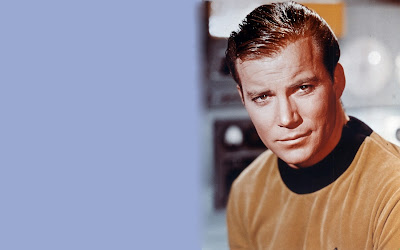Point of View - What's Right and Wrong
The great Chinese ruler, Mao Tse Tung, once said, 'In order to break the rules of a system, one must first learn and understand them.' (Okay, I paraphrase - he was actually talking about Communism.) But so it is with POV in fiction. Learn the rules first, then you can break them. I get so many emails from writers asking how they should deal with point of view that I thought it might be interesting to discuss the subject here. The truth is, there's no right or wrong way to do things - but there are guidelines that, if you adhere to them, will mark you out as a good and competent writer. Similarly, if you ignore them (without understanding what you're doing) then you'll most likely come across as an amateur. Before we go on, let's make sure we know the terms of reference. For most fiction, you have 4 basic alternatives. 1. First person, where everything is told from the limited POV of the protagonist - the classic '...
